vermicomposting pet waste
K
17 years ago
Related Stories
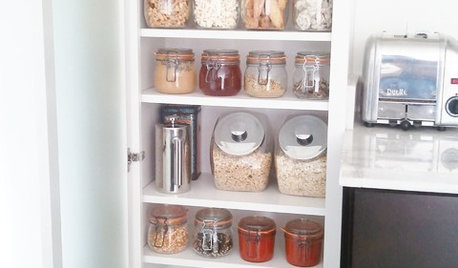
HEALTHY HOME6 Tips From a Nearly Zero-Waste Home
Lower your trash output and increase your quality of life with these ideas from a mom who did it to the max
Full Story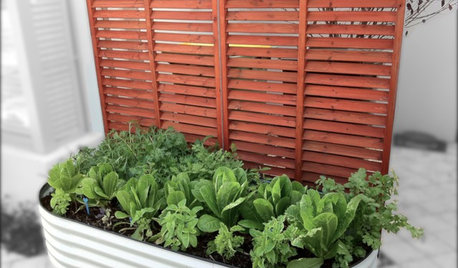
FEEL-GOOD HOME21 Ways to Waste Less at Home
Whether it's herbs rotting in the fridge or clothes that never get worn, most of us waste too much. Here are ways to make a change
Full Story
MOST POPULAREasy Green: 23 Ways to Reduce Waste at Home
Pick from this plethora of earth-friendly ideas to send less to the landfill and keep more money in your pocket
Full Story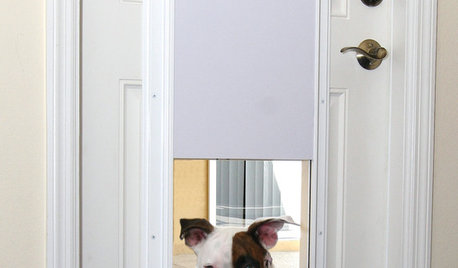
PETSHome Tech: Pets Need Gadgets, Too
Longing for a better way to track your dog's whereabouts or provide indoor-outdoor pet access? New home gadgets do that and more
Full Story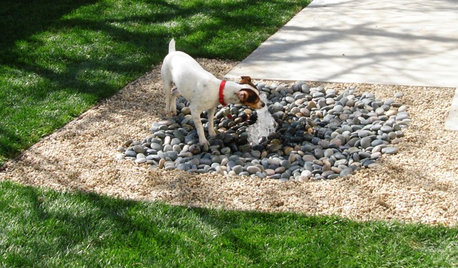
PETSHere’s How to Show Your Pet Even More Love
February 20 is Love Your Pet Day. Find all the ideas and inspiration you need to celebrate right here
Full Story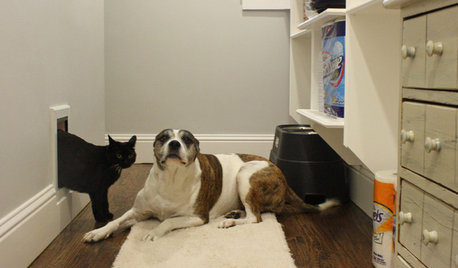
PETSPet-Proofing Your Home: A Room-by-Room Guide
Not all pet dangers are obvious. Keep furry friends safe and sound by handling all of these potential hazards
Full Story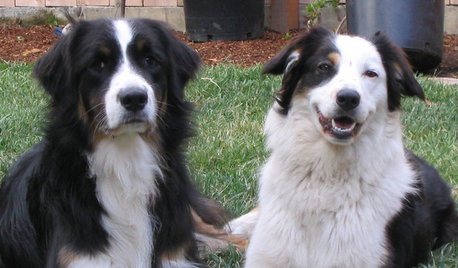
PETSDealing With Pet Messes: An Animal Lover's Story
Cat and dog hair, tracked-in mud, scratched floors ... see how one pet guardian learned to cope and to focus on the love
Full Story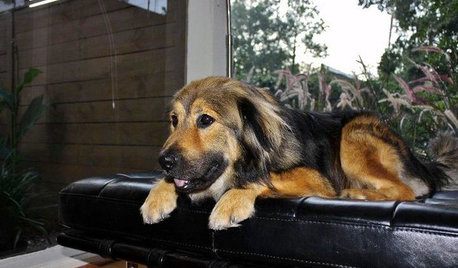
PETSA Romp Through Pet-Friendly Materials
Deceptively durable, these stylish flooring materials and fabrics let you give Fluffy the run of the house
Full Story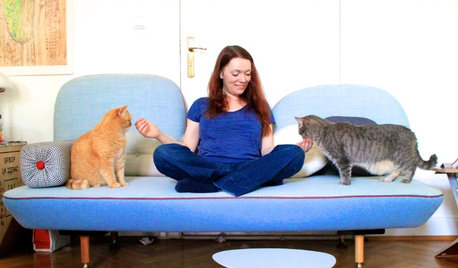
PETSWorld of Design: Pampered Pets and Their 10 One-of-a-Kind Homes
Fall in love with these critters and their clever living spaces, from a cat playground in France to a chicken house in the U.S.
Full Story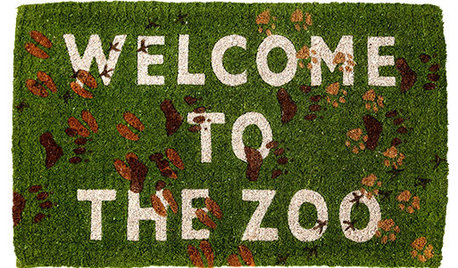
40 Fun Gifts for Your Pet-Loving Friends
Houzz Gift Guide: 40 New Ways to Love Dogs, Cats and Birds in Style
Full StoryMore Discussions






marshall2000
KOriginal Author
marshall2000
sqh1
KOriginal Author
sqh1
wormlover1
doc_dot
billr12
KOriginal Author
wormlover1
sgcvn69
sang
arleneb
bigtexworms
Stormygale